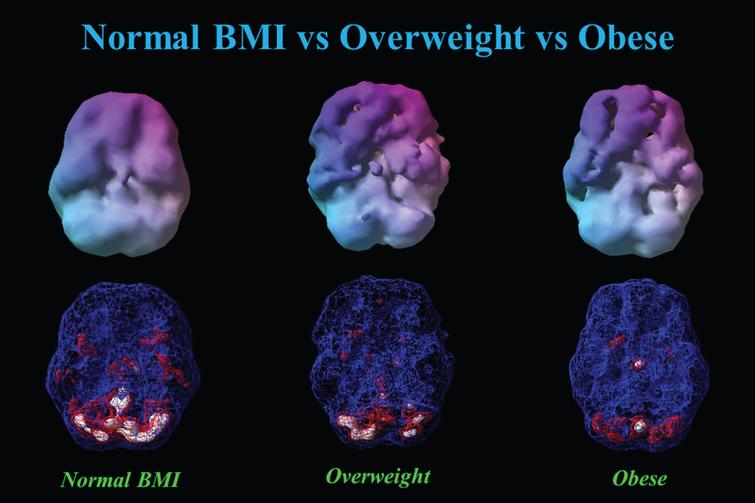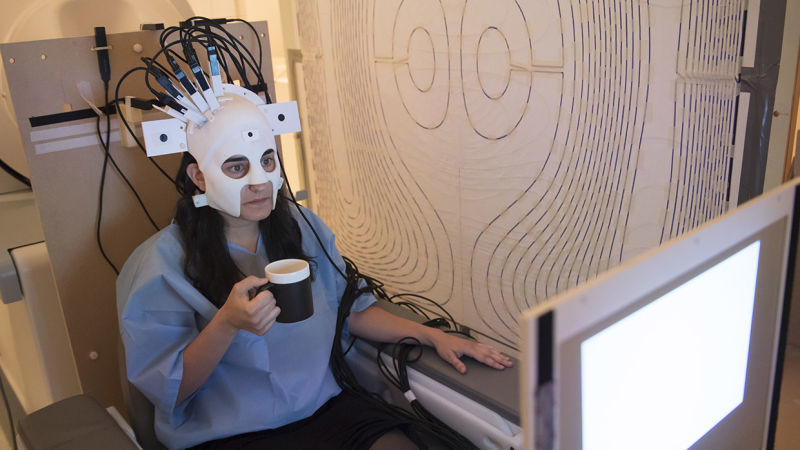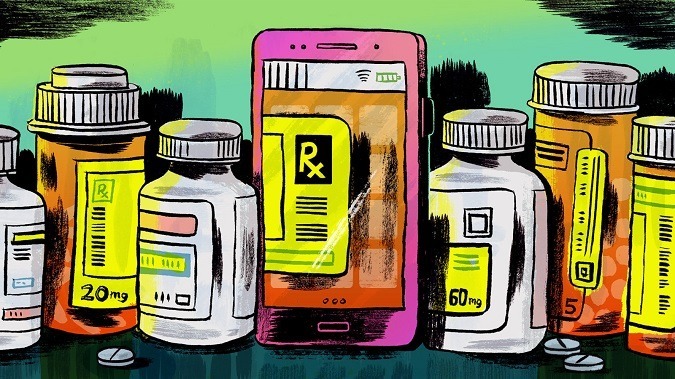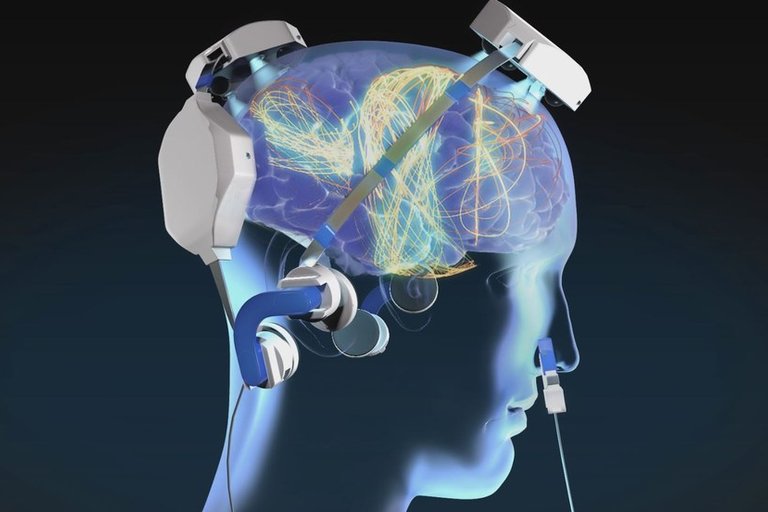Posts Tagged ‘brain-function’
Next in NASA’s path to Mars: Overcoming astronauts’ cognitive and mental health challenges
Space Between the Ears (Cerebrum): A few short months ago, news programs around the globe showed NASA engineers and scientists celebrating as a robot named Perseverance successfully landed on the surface of Mars. The mission: capture and share images and audio that have never been seen or heard before. As impressed as most observers were…
Read MoreHigher body mass index (BMI) linked to lower blood supply to the brain in large neuroimaging study
Body weight has surprising, alarming impact on brain function (Science Daily): As a person’s weight goes up, all regions of the brain go down in activity and blood flow, according to a new brain imaging study in the Journal of Alzheimer’s Disease … scientists analyzed over 35,000 functional neuroimaging scans using single-photon emission computerized tomography (SPECT) from…
Read MoreReport finds only 35% of Canadian youth get the physical activity recommended for brain health
___ Getting kids outside and active could help with brain health: Participaction report (The Globe and Mail): “The physical benefits of kids leading an active lifestyle, including better heart health and a decreased risk of developing Type 2 diabetes, are well known. But a growing body of research suggests there are significant mental benefits as well,…
Read MoreWearable brain scanners to enable broader, easier, cheaper access to neuroimaging
___ This Brain Scanner Is Way Smaller Than fMRI but Somehow 1,000% Creepier (Gizmodo): “It may look like something befitting Halloween’s Michael Myers, but the device pictured above is actually a breakthrough in neuroscience—a portable, wearable brain scanner that can monitor neural activity while a person is moving
Read MoreReinventing Brain Medicine, Pharma adopts Digital Therapeutics: Evidence-based videogames, smartphone apps, and sensors
___ From app store to drug store, digital health is redefining pharma’s pipeline (STAT): “The pitches always sounded promising: A new software app could track glucose levels for people with diabetes or soothe the brains of insomniacs. Most pharma executives would politely smile and nod, but then park their money somewhere else. Not anymore.
Read MorePhotobiomodulation: A new and promising way to enhance brain function
___ As is increasingly evident, there are multiple methods aimed at enhancing brain function. Brain training and mindfulness practices are commonly used. Substance-based methods are popular too, including hallucinogens in the form of plant extracts, and drugs. Same as transcranial direct current stimulation (tDCS) and transcranial magnetic stimulation (TMS): All of these are promising but…
Read More





